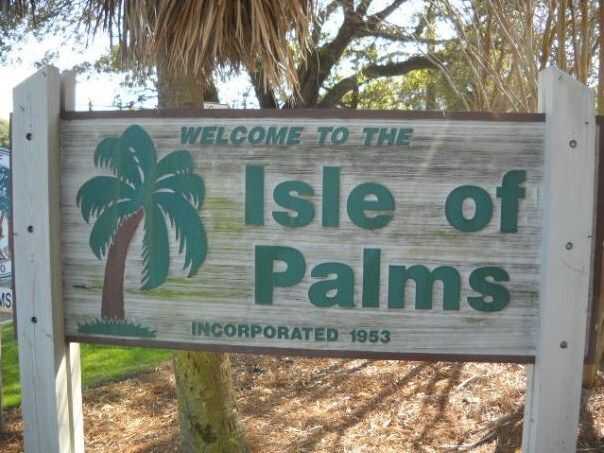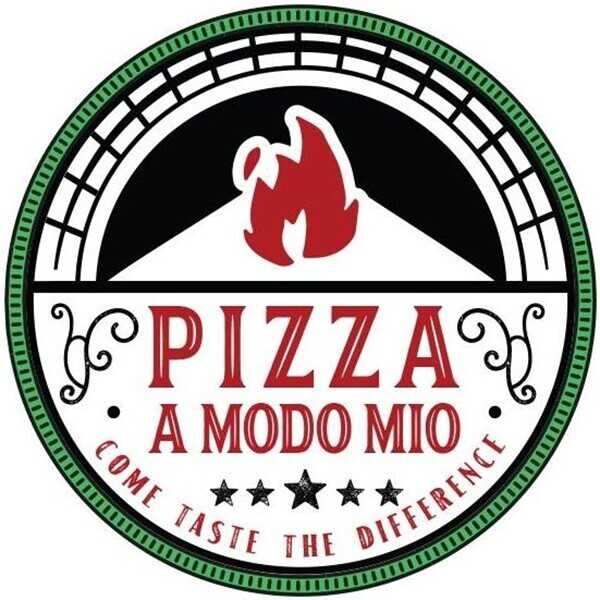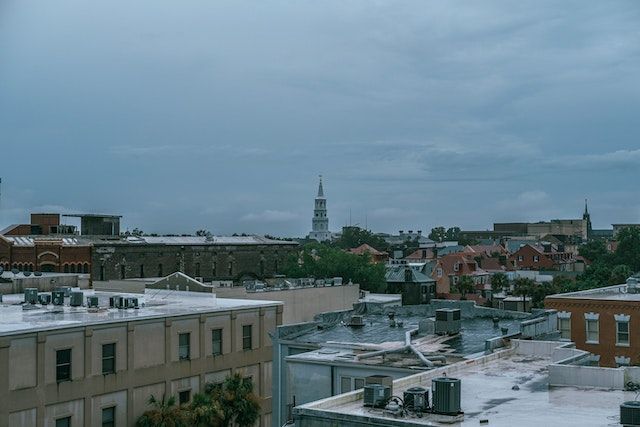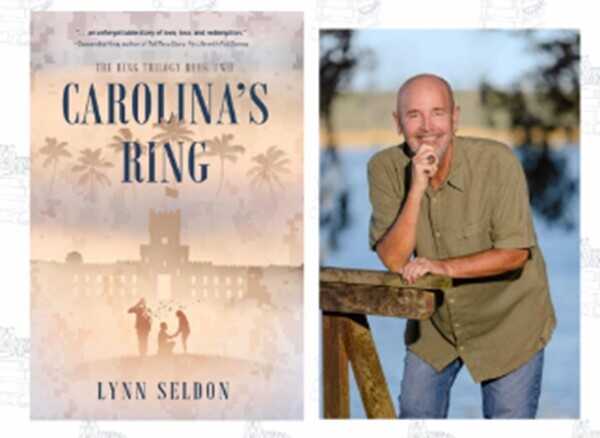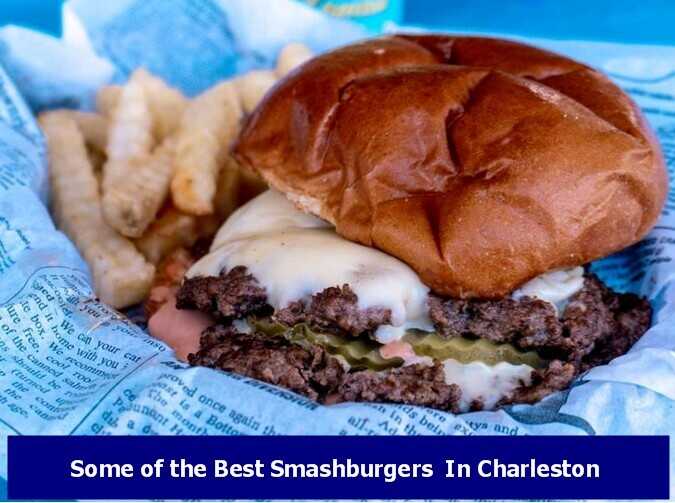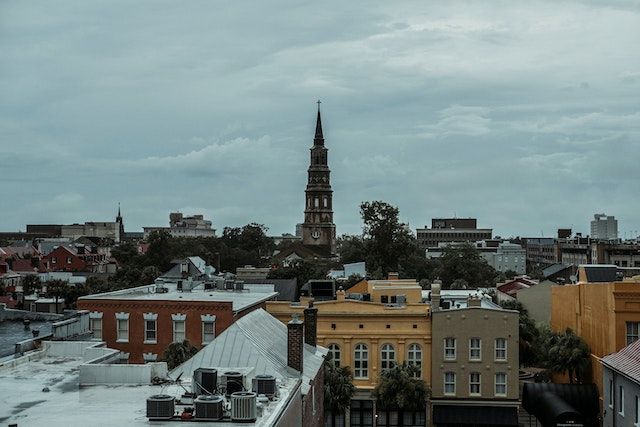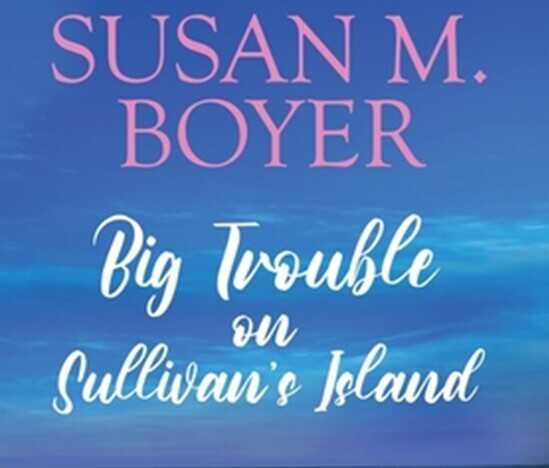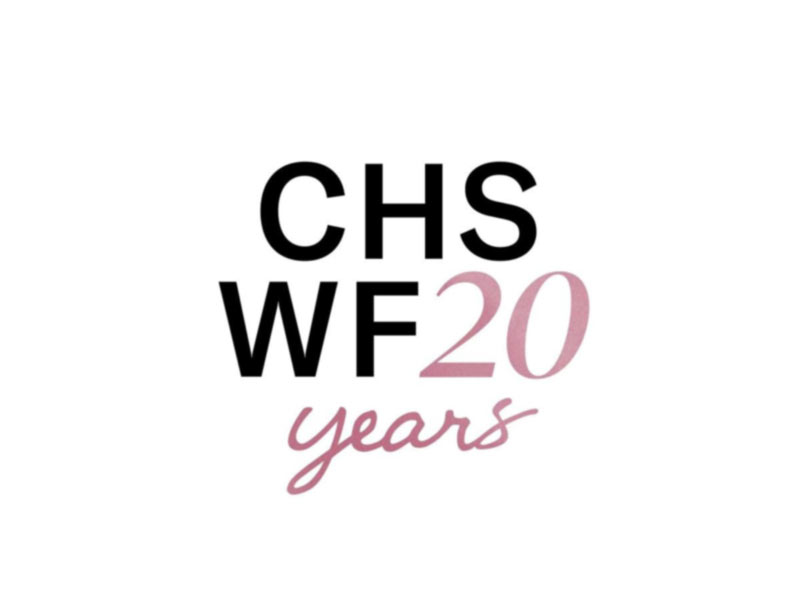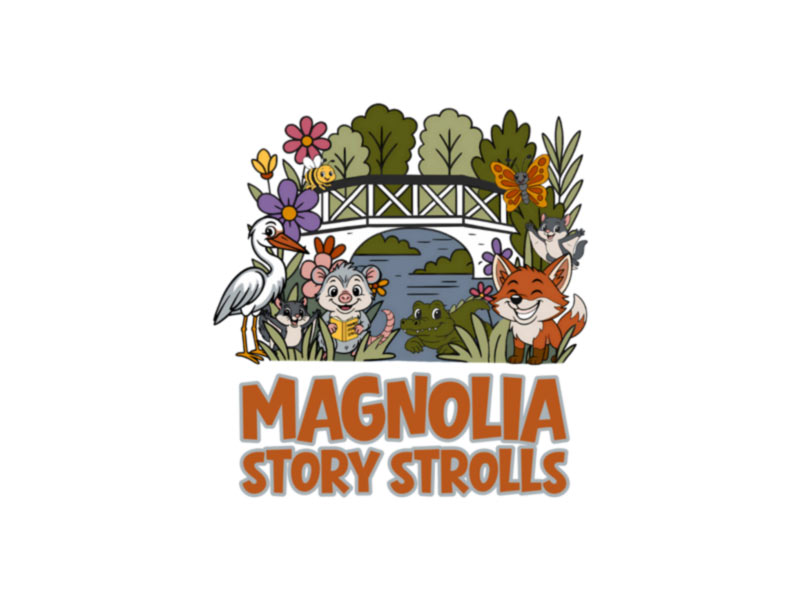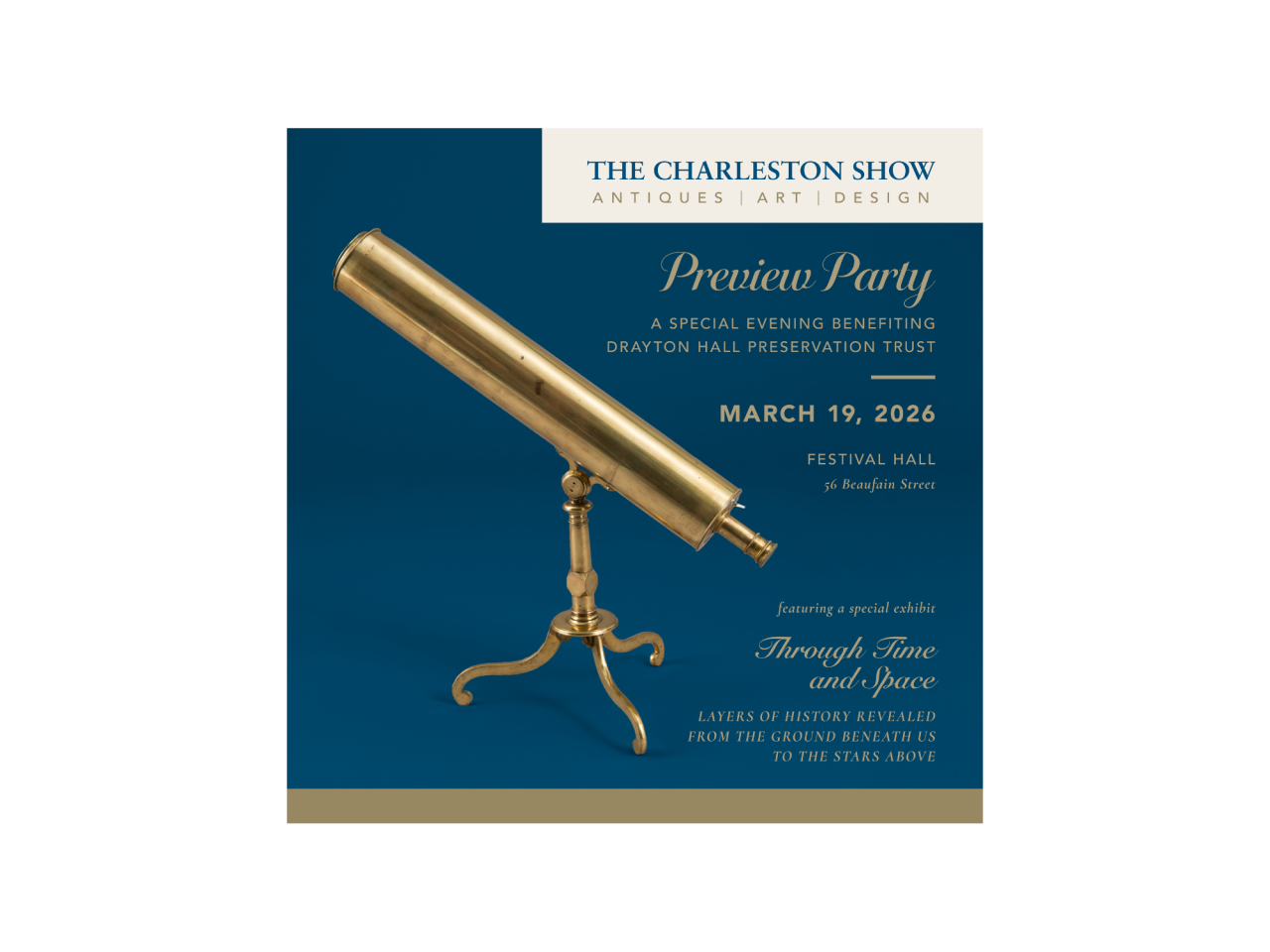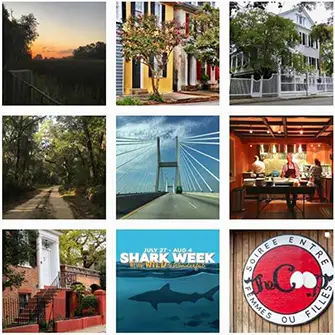Iconic Band Entertain Full House at Performing Arts Center, Openers Levon One to Watch Out For
Welcome to Charleston, SC, a city renowned for its charming ambiance and captivating sunsets. If you're seeking the best sunset spots in Charleston, you're in for a treat.
With Great Eateries, Watersports, Rentals, & County Park, IOP is Charleston's Preferred Beachside Community
West Ashley Pizzeria Owner Bringing Authentic NY Style Pizza To The Lowcountry
Charleston, South Carolina, fondly known as "The Holy City," boasts a rich and diverse culinary scene. Traditionally celebrated for comfort foods like shrimp and grits or fried green tomatoes, Charleston is evolving with the global shift toward healthier dining.
Lynn Seldon's Second Book In Ring Trilogy Pays Tribute To Honor, Love, and Loyalty
Smashburgers Have Taken Center Stage, Following Are 10 Places In the Lowcountry To Enjoy Some of the Best
Veteran Entertainer Delights Fans of All Ages at the Performing Arts Center
Food & Fun All Part of The Charleston Riverdogs Experience
Welcome to Charleston, South Carolina, a charming city where history, culture, and music intertwine to create a vibrant and unforgettable experience...
Award Winning Author Susan M. Boyer Debuting First Book in 'A Carolina Tale' Series



